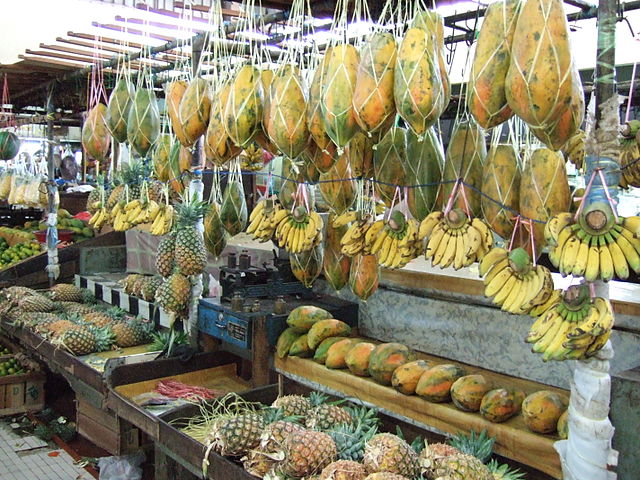 The World Bank has kept economic growth projections of 5.3% for Indonesia in 2016, unchanged from its forecast in October.
The World Bank has kept economic growth projections of 5.3% for Indonesia in 2016, unchanged from its forecast in October.
In the World Bank’s “Indonesia Economic Quarterly” (IEQ) for December, the financial group said Indonesia’s economy continues to face challenging external conditions. Global growth, trade, and commodity prices remain weak, weighing on GDP growth and fiscal revenues.
GDP growth was 4.7% year-on-year in the third quarter, the same pace as in the first and second quarters.
Increased capital spending by the government supported growth in the third quarter and could further boost growth in 2016 if the pace continues, said the report.
The seven policy reform packages may also improve investor sentiment, although domestic household consumption—the main driver of growth in Indonesia—is growing at a slower pace than in previous years and external trade remains weak, according to the quarterly.
“The year ahead will continue to be challenging, as demand from China may continue moderating and markets anticipate higher interest rates in the US. There could be some market turbulence. Hence the government’s commitment towards more public investments in infrastructure, health, and social assistance programs next year is welcomed. It could strengthen growth prospects as well as help the poor and vulnerable,” said Rodrigo Chaves, World Bank country director for Indonesia.
“If reforms are sustained and implementation is effective, Indonesia may be buffered from potential volatility and enjoy higher growth in 2016,” added Chaves.
Other sectors of the economy are less buoyant. Private sector investment remains subdued for 2015. Exports and imports also weakened, reaching their lowest levels since 2010.
The latest IEQ also presented an early overview of the potential costs and benefits for Indonesia of joining the Trans-Pacific Partnership (TPP). It said the impact of the TPP on trade may be limited due to already low import tariffs in member countries and existing trade agreements with Indonesia.
The effect on investment may be more important, as the pact increases access to the global economy and affords higher legal protection for foreign investors than domestic legislation usually does.
Photo: Midori





